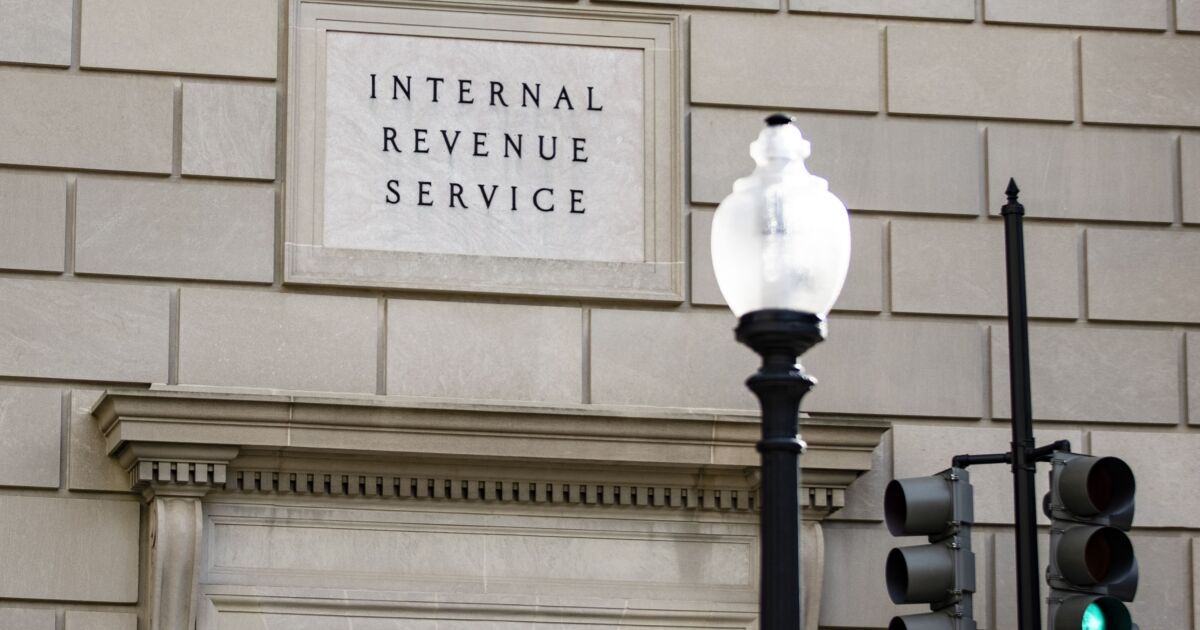Early on Friday morning, the start of Bangladesh’s weekend, 15-year-old Sania Mahabub Moon and members of her family travelled into Dhaka from a nearby village to spend their rest day sweeping roads.
They were among hundreds of school pupils, students and volunteers now managing the streets of Bangladesh’s capital following the sudden collapse of the autocratic regime of prime minister Sheikh Hasina, who fled the country on Monday after weeks of anti-government protests.
With police in hiding for fear of retributive violence, children and university students are cleaning and repainting Dhaka’s streets with revolutionary slogans, pulling over cars for inspection and even guarding Sheikh Hasina’s ransacked official residence, where stray dogs now wander through the flattened vegetable garden.
“Our country has been destroyed,” Sania said, as she swept a thoroughfare in central Dhaka, the heart of an urban area of more than 20mn people. “We want to build it again.”

Following their stunning success, students have embarked on a utopian project to transform Bangladesh, a country of 170mn that is the world’s second-largest garments exporter and a strategic partner to India, China and the US.
A new interim government led by Nobel Peace Prize-winning economist Muhammad Yunus along with student leaders and civil society members took charge on Thursday. They have vowed to reform institutions, end corruption and revive Bangladesh’s economy.
“We don’t want the kind of fascism practised by Sheikh Hasina to ever return,” said 25-year-old Dhaka University linguistics student Asif Mahmud, a member of the new government. “We want the constitution and other institutions that had been compromised under Sheikh Hasina to be restored. We want reforms and policies based on research . . . We want to bring a system where whoever comes to power will have to be accountable.”
Ahead of his installation as interim leader, Yunus said the government would move ahead on “whatever path our students show us”.
Yet for all the students’ giddy enthusiasm, they face enormous challenges in implementing their lofty vision and some experts think they are doomed to fail — at the risk of plunging the country into even more chaos.

Since Sheikh Hasina fled, Bangladesh has suffered an alarming breakdown in law and order, with more than 230 reported killed by Wednesday evening. The country’s once-celebrated economy is in crisis. And, as state institutions are purged of loyalists to Sheikh Hasina’s Awami League, rival parties such as the Bangladesh Nationalist party are regrouping for a bid for power that some students fear will only prolong the cycle of revenge.
“Professor Yunus is really sitting on very unsteady ground, however noble the ideas may be,” said Mahfuz Anam, the editor of leading newspaper The Daily Star. “There has to be amendments to the constitution, there has to be a restoration of balance of power between the legislative, executive and judiciary . . . Name an institution, it has been politicised.”
Yunus said his first priority was to restore public safety and prevent “anarchy”. With police absent and the military overstretched, hundreds of prisoners have broken out of jail and criminal gangs roam the capital at night.
Minorities, particularly Hindus who make up about 8 per cent of the population, have been attacked and hundreds have tried to flee into neighbouring Hindu-majority India.
Protesters, furious after years of repression under the Awami League, burnt down police stations, businesses belonging to party members and symbols of the regime, including a museum in the former residence of Sheikh Hasina’s father, slain independence leader Sheikh Mujibur Rahman.
The central Dhaka museum is now a blackened shell, its floor littered with ash and broken glass. Crowds explore it with morbid curiosity, taking photos of wreckage that includes a smashed tile mosaic of Sheikh Mujibur.
Sheikh Hasina “ended up being a dictator”, said Farhan Alam, a 20-year-old business student as he wandered around the gutted building. “But burning down her father’s house was wrong. I’m happy that we finally got freedom from dictatorship, but I’m sad about what happened here.”

Sheikh Hasina, who was the world’s longest-serving female leader, claimed to have turbocharged Bangladesh’s economic growth with infrastructure and other development projects.
But her critics blamed her government for extrajudicial killings, rigged elections and rampant corruption. She stacked institutions from the judiciary to university administrations with Awami League loyalists and persecuted the BNP, with whom her party for decades traded power in a corrosive and often bloody rivalry that undermined democracy.
Economists have also accused Sheikh Hasina’s government of exaggerating the scale of exports to mask the extent of the country’s financial crisis. Bangladesh was forced to appeal for IMF help in 2022 to stabilise falling reserves, inflation and unemployment.
Popular anger came to a head after authorities ordered a crackdown on students who last month began protesting against a controversial job quota scheme, triggering an uprising against her regime.
The protest leaders see Yunus, who founded the pioneering microfinance lender Grameen Bank and was hated by Sheikh Hasina as a potential rival, as their best bet to turn Bangladesh around.
“Dr Yunus has a global standing as a reliable and honest personality,” said Manzur Al Matin, a Supreme Court lawyer who represented the protesters. “He’s known to be a good administrator [and] we need someone who can have a direct link with western powers as well as the international community.”
But time may not be on Yunus’s side. Some experts argue elections must be held within 90 days of Tuesday’s dissolution of parliament and the BNP — the likely favourites as it stands — are calling for a swift vote.
This has set up a potential stand-off. Advisers to Yunus’s interim government insist they need more time to put in place institutional safeguards to end Bangladesh’s toxic political cycle and protect it from future autocracy. Analysts say history suggests that, without checks and balances, the BNP could prove little better than the Awami League.

“If you just jump into elections, then you’ll just be replacing one party with another party,” said Syeda Rizwana Hasan, a prominent lawyer and another new government member. “That’s not the intention . . . We’ve seen that many times.”
For Dhaka’s students, this week’s uprising was only the first step in their self-styled revolution. Yet even the most sanguine are well aware of the enormity of the task.
“We’ve put our trust in the interim government,” said Amina Akhtar, a 25-year-old helping directing traffic at a Dhaka intersection. “But we’re worried that if another government comes, there won’t be any reforms and the same things will happen again . . . We must rebuild this nation.”
Credit: Source link








![How Much Does an Explainer Video Actually Cost? [New Data] How Much Does an Explainer Video Actually Cost? [New Data]](https://www.hubspot.com/hubfs/explainer-video-cost-1-20250113-3811736.webp)


